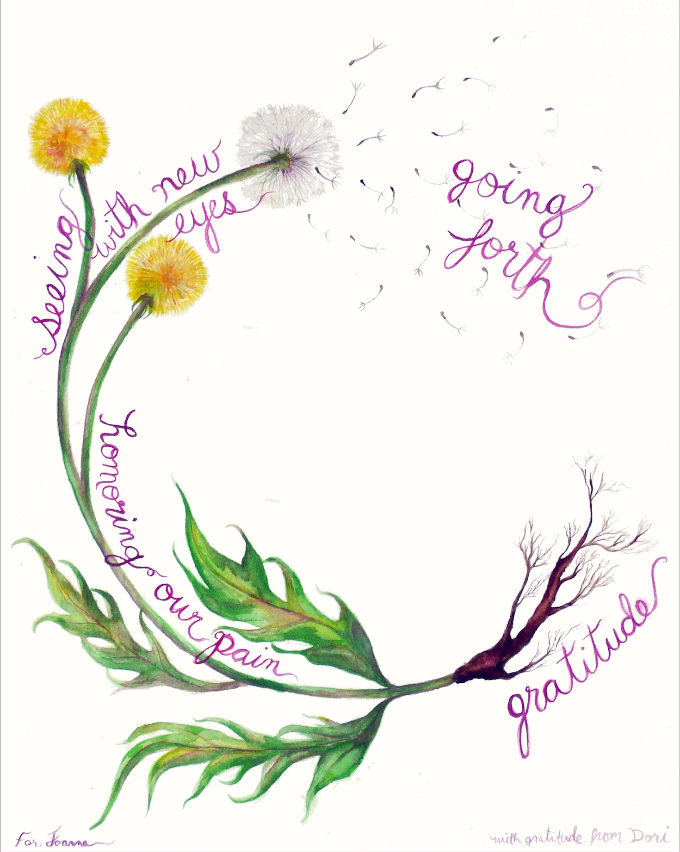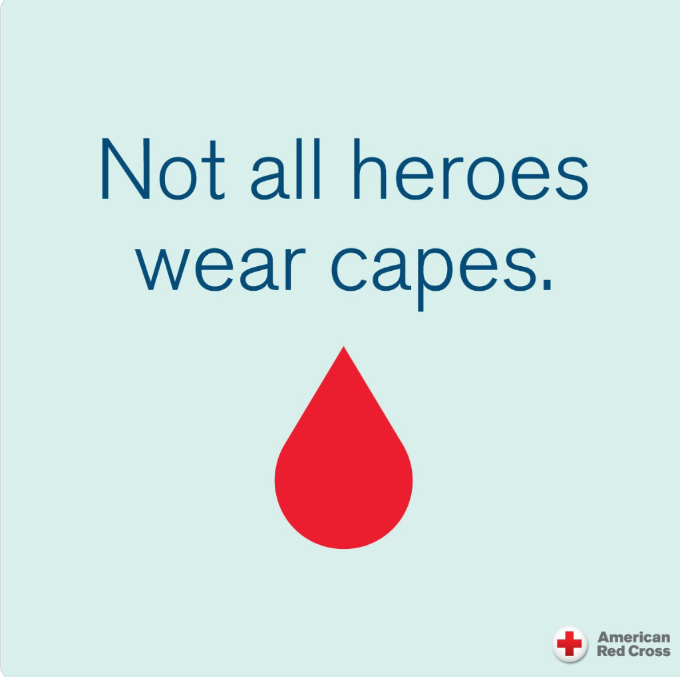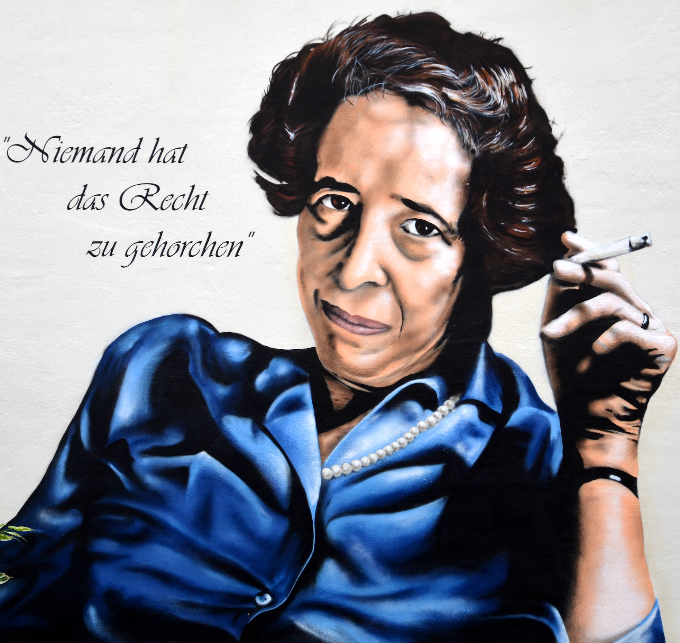May 23, 2025
Civics
Small acts of connection feel really good.

Linda Tropp studies how people from different backgrounds interact, and how power and status shape those relationships. Her work focuses on helping groups get along better by emphasizing fairness and equality.
Linda Tropp studies how people from different backgrounds interact, and how power and status shape those relationships. Her work focuses on helping groups get along better by emphasizing fairness and equality.
While grocery shopping this week, two strangers smiled and spoke to me. It caught me off guard. We’re social creatures by design, but real interactions in public have become rare enough to feel surprising. I didn’t expect those brief exchanges to lift my mood—but they did.
Linda R. Tropp studies how people from different social groups experience contact. Her research shows that small choices—like putting away our phones or taking out earbuds—can shape how we connect with others in public spaces. Intentionally directing attention and kindness toward others in everyday interactions offers a wide range of benefits for both individuals and communities.
She encourages "psychological generosity": consciously redirecting our attention to the people around us. Eye contact, a smile, or a bit of small talk can strengthen a sense of belonging and help communities feel more connected.
It’s consoling to think that rebuilding social fabric can start with something as simple as acknowledging each other.




